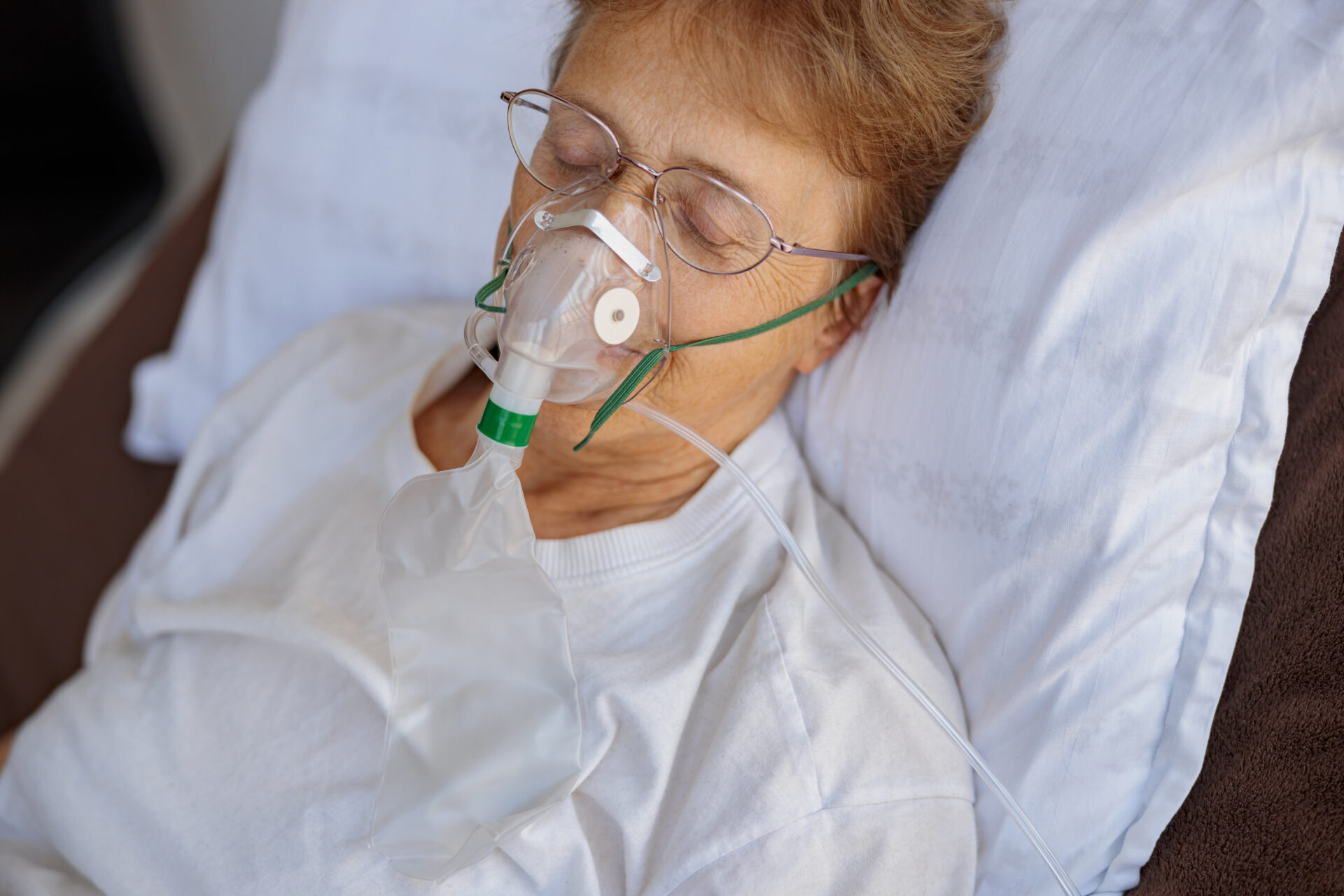What You Can Do to Better Manage Your COPD Symptoms

July 16, 2023
Feeling like you can’t catch your breath can be one of the most frightening experiences you can have. Unfortunately, for millions of people around the world, this feeling is an all-too-common occurrence due to a condition known as Chronic Obstructive Pulmonary Disease, or COPD. COPD is a progressive respiratory disease that can make even simple tasks like walking up stairs or carrying groceries a struggle. However, it doesn’t have to control your life. By taking steps to manage your symptoms, you can significantly improve your quality of life and continue to do the things you love.
1. Quit Smoking
Smoking is one of the primary causes of COPD. If you smoke, quitting is perhaps the best thing you can do for your health. Quitting smoking can help improve lung function and reduce symptoms of COPD. It’s never too late to quit smoking, and there are several resources available to help you quit, including nicotine replacement therapy, medications, and support groups.
2. Avoid Triggers
People with COPD should avoid triggers that can worsen their symptoms, such as air pollution, dust, and allergens. It’s important to stay indoors on days when air quality is poor and to use air filters and purifiers to improve indoor air quality. People with COPD should also avoid exposure to secondhand smoke, as it can be just as harmful as smoking.
3. Exercise
Although exercise can be challenging for people with COPD, it’s an essential part of managing the condition. Regular exercise can help improve lung function, increase endurance, and reduce shortness of breath. It’s essential to start slowly and gradually increase the intensity of your workouts. Walking, cycling, and swimming are all excellent exercises for people with COPD.
4. Follow a Healthy Diet
A healthy diet is essential for people with COPD. Eating a balanced diet rich in fruits, vegetables, whole grains, and lean proteins can help improve lung function and reduce inflammation. It’s also essential to stay hydrated by drinking plenty of water.
5. Take Medications as Prescribed
There are several medications available to help manage COPD symptoms, including bronchodilators, corticosteroids, and antibiotics. It’s essential to take these medications as prescribed by your healthcare provider. If you’re experiencing side effects or your medication isn’t working as well as it should, talk to your healthcare provider.
6. Manage Stress
Stress can worsen COPD symptoms, so it’s crucial to find ways to manage stress. Meditation, deep breathing exercises, and yoga are all great ways to reduce stress. It’s also essential to get enough rest and relaxation, as fatigue can worsen COPD symptoms.
7. Stay Up-to-Date on Vaccinations
People with COPD are at a higher risk of developing respiratory infections, so it’s important to stay up-to-date on vaccinations, including the flu vaccine and the pneumococcal vaccine.
8. Pulmonary Rehabilitation
Pulmonary rehabilitation is a program that helps people with COPD improve their lung function, reduce symptoms, and improve their quality of life. The program includes exercise training, education on COPD, breathing techniques, and nutritional counseling. Pulmonary rehabilitation can be a valuable tool for people with COPD, and it’s important to talk to your healthcare provider about whether it’s right for you.
9. Oxygen Therapy
Oxygen therapy is a treatment that provides supplemental oxygen to people with COPD who have low levels of oxygen in their blood. Oxygen therapy can help improve breathing, reduce fatigue, and improve quality of life. It’s important to talk to your healthcare provider about whether oxygen therapy is right for you.
Final Thoughts
While COPD can be a challenging condition to manage, there are several things that people with COPD can do to improve their quality of life. Quitting smoking, avoiding triggers, exercising regularly, eating a healthy diet, taking medications as prescribed, managing stress, staying up-to-date on vaccinations, pulmonary rehabilitation, and oxygen therapy are all essential components of managing COPD symptoms. If you’re living with COPD, talk to your healthcare provider about developing a treatment plan that works for you. With the right management strategies, people with COPD can live full, active lives.
Manage your COPD symptoms with the help of Inspire Hospice. We are a home hospice service that aims to provide exceptional end-of-life care that focuses on quality of life, peace, and comfort for our patients and their families. Our dedicated and interdisciplinary team of hospice professionals is committed to delivering compassionate, personalized care that addresses the physical, psycho-social, and spiritual needs of each individual we serve. Get in touch with us today!
Filed under:
Articles and Resource Topics

A Registered Nurse is available to answer your questions about hospice and palliative care services:
- Discuss your unique situation to determine how Inspire services can be tailored to care for you and your family
- Discuss insurance, Medicare and answer other concerns about eligibility, benefits, and other care options
- Answer any questions you have about comfort care



